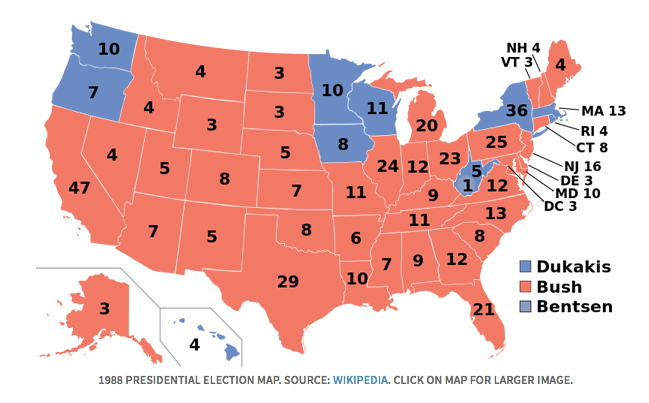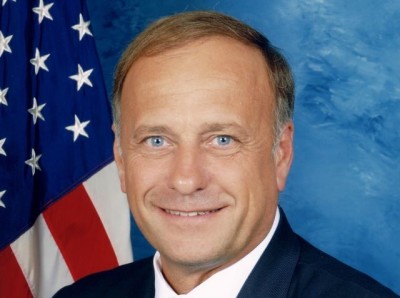Another one for the “elections have consequences” file: The Iowa Supreme Court unanimously ruled on November 10 that Governor Terry Branstad “did not exceed the scope of his constitutional authority” when he vetoed funds state lawmakers had approved to keep open mental health facilities in Mount Pleasant and Clarinda.
A large group of Democratic legislators, joined by the president of the public employee union AFSCME, filed suit soon after Branstad vetoed the funding in July 2015. Their lawsuit contended that Iowa Code contains language requiring the state to operate Mental Health Institutes in Mt. Pleasant and Clarinda. But last November, a Polk County District Court held that “Existing statutes are not conditions on appropriations” and “cannot limit the Governor’s item veto authority.” Bleeding Heartland published excerpts from Judge Douglas Staskal’s decision here.
Last week’s Iowa Supreme Court opinion by Justice David Wiggins affirmed Staskal’s ruling but found that the District Court “failed to address” a matter of constitutional law raised by the plaintiffs. After additional analysis of the legislative intent behind language designating the facilities in Mount Pleasant and Clarinda as “state hospitals for persons with mental illness,” the high court reached the same conclusion as Staskal: the governor had the power to veto funds earmarked for operating facilities he had closed. I enclose below excerpts from the opinion.
Branstad’s spokesperson Ben Hammes did quite the spin job in his statement:
Today’s unanimous Supreme Court decision affirms the Governor’s action by allowing more Iowans to have access to quality mental health care and substance abuse treatment than ever before. The State’s mental health care redesign allows Iowans to access treatment in a community-based setting and through more modern means. Gov. Branstad is committed to putting patients first, improving care, increasing access and modernizing the delivery of mental health services. In fact, there are currently at any time 60-100 psychiatric inpatients beds open across the state. Iowa now maintains a robust level of access to mental health beds that are more efficiently delivered.
Nice try, Hammes. In reality, the justices did not assess either the merits of Branstad’s decision to close the in-patient facilities or the quality of mental health care and substance abuse treatment in Iowa. In reality, Iowa “consistently ranks in the bottom five of all states in every single category of mental health programs and services.” In reality, Iowa “ranks dead last in the country for state psychiatric beds per capita.” In reality, “many Iowans with serious mental illnesses are being marooned” for weeks or months in hospitals, for lack of adequate facilities or services to monitor their care.

















